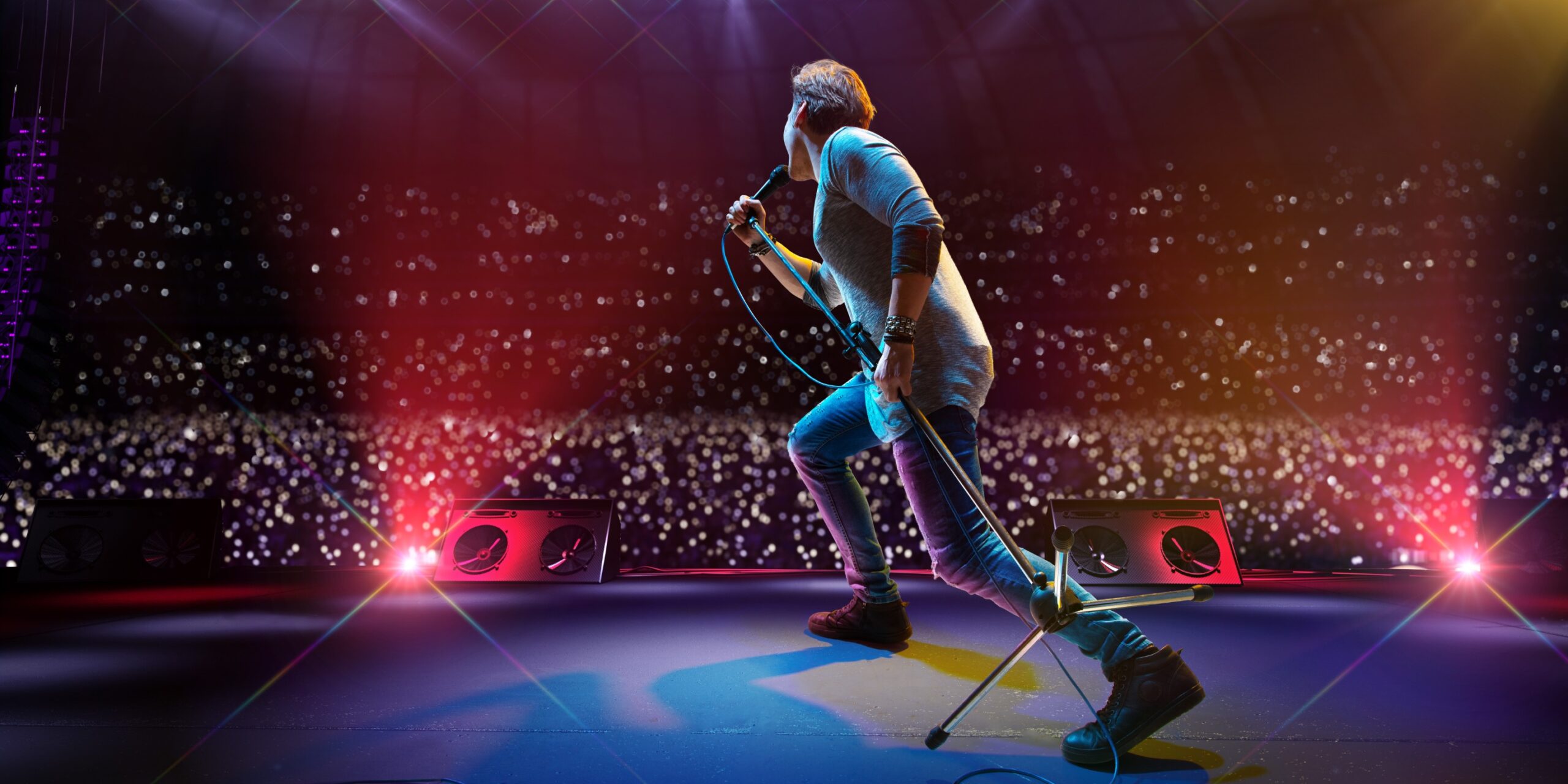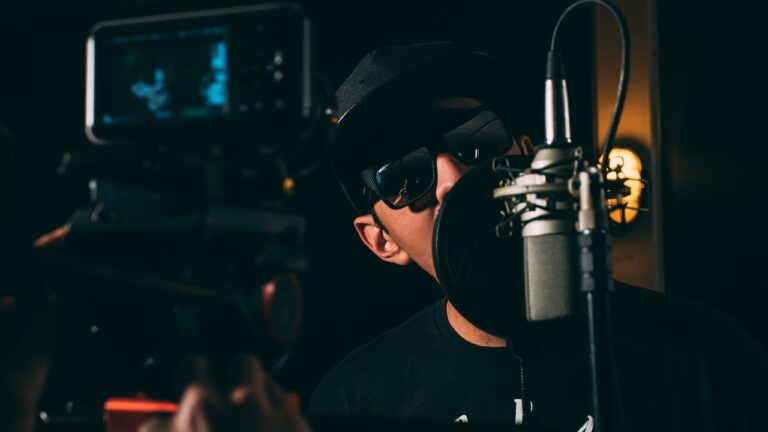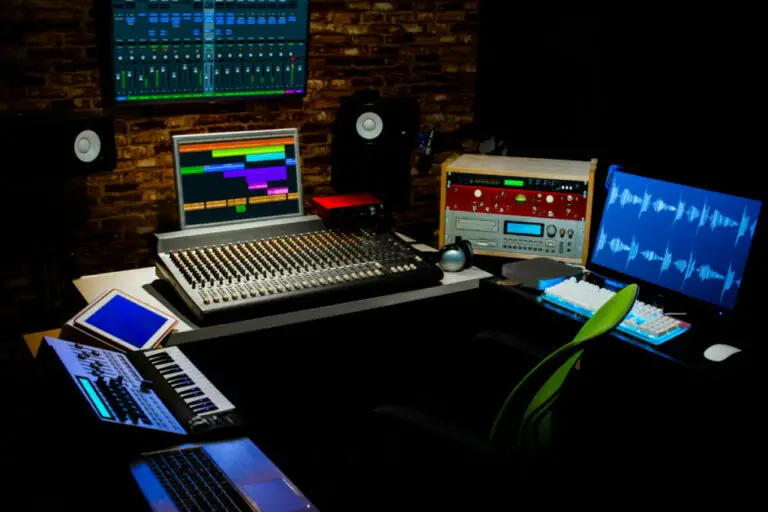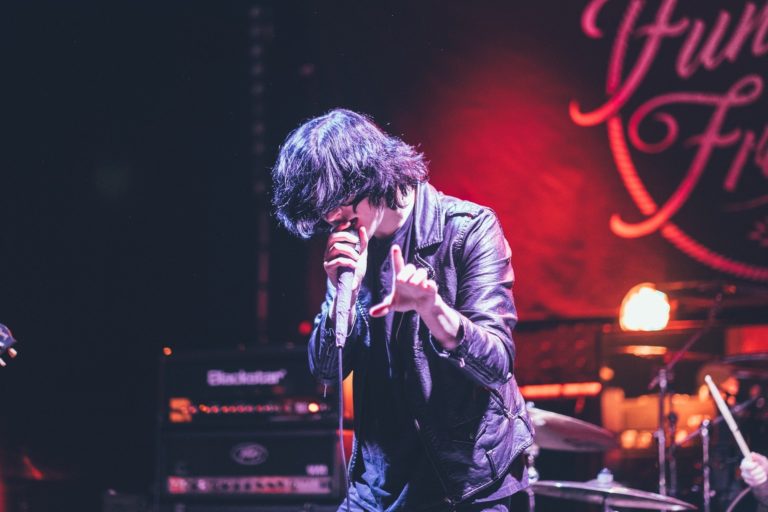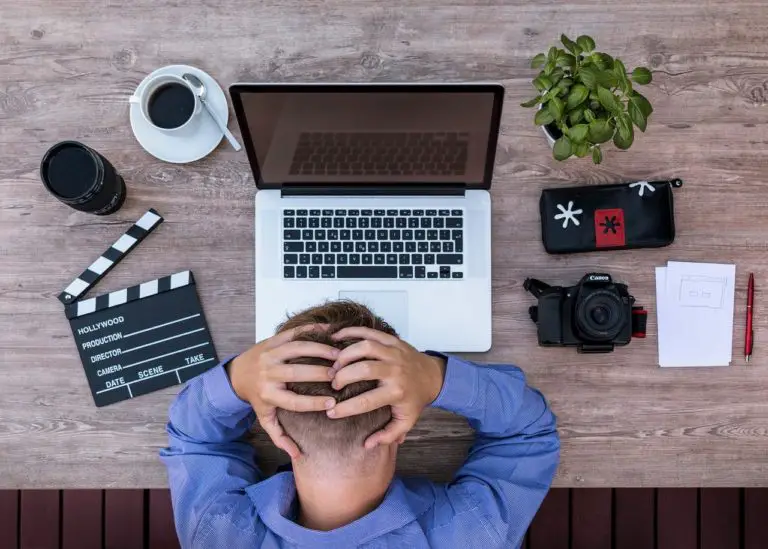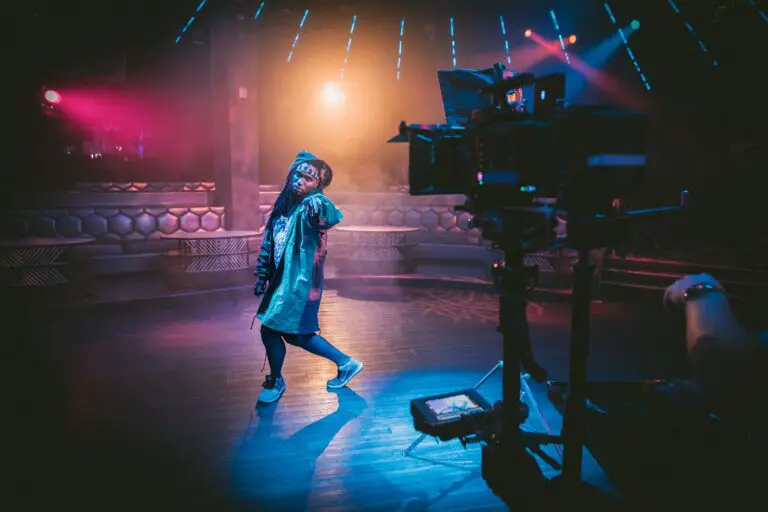Do Bands Pay When They Play Cover Songs?
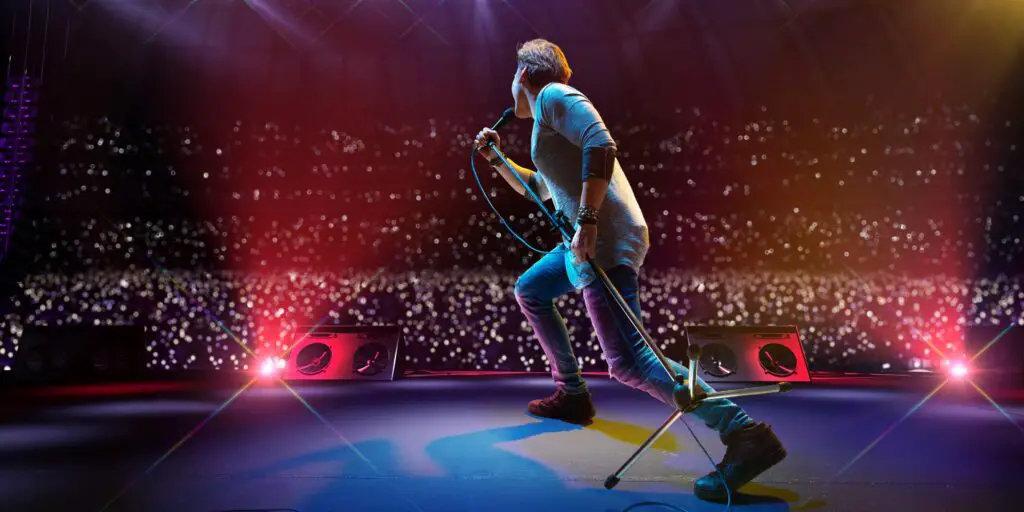
When listening to cover songs, either online or live, you can gain an appreciation for the band’s version of the song. Cover songs are a nice change of pace from a band’s original style and tone. Regardless of the band’s size, do bands need to pay to play covers of songs?
Bands must pay to play cover songs. For any cover song performed commercially, the band must have a license to play it. Bands don’t have to pay for cover songs when performing in non-commercial venues. Permission from the original artists to play their songs isn’t required for any setting.
Let’s learn why bands need to pay to play cover songs and how copyright laws protect both the band playing the cover songs and the original artist.
When Do Bands Need to Pay For Cover Songs?
For any live performances or recordings that are purposed for commercial purposes, the band must pay for any cover songs played or recorded. If performing or recording for non-commercial use, the band does not have to pay for any cover songs they perform.
The band also may not have to pay for the cover songs played during a commercial live performance if the venue provides a blank license (a license to a catalog of music chosen by the venue or organization) for them.
While the license makes it so the original artists are being compensated for their work, the bands who were given the blank license did not have to pay for the license directly. Instead, it was the venue or organization who were in charge of the payment.
Additionally, if the cover songs are distributed for free, no payment to the original artist is needed.
Overall, the band must be aware of when and where they perform or record cover songs and determine whether or not purchasing a mechanical license is necessary.
What Are Mechanical Royalties?
In music, mechanical royalties are meant to protect the original artist’s song from being credited to someone else who recreated their music. In other words, mechanical royalties ensure that the original artist is compensated for the songs that are being played as cover songs.
Mechanical royalties are one of five types of royalties. The other four royalty types are performance (music performed publicly), synchronization (music used as background sound), master-generated (sound/master recording), and print music royalty (printed music sheets).
Mechanical royalties are the primary royalty type that a band will have to worry about when playing cover songs.
How Can Bands Pay For Cover Songs
To play cover songs, you must obtain that mechanical license for every cover song played if a blanket license is not provided or obtained.
To do this, you must identify who owns the rights to the song, The song will belong to the original artist, publisher, or the record label company. Using various copyright databases such as Songfile, ASCAP, and SESAC will assist you in identifying the proper people to communicate with in order to get the proper license.
After identifying the copyright holder(s), contact them and discuss the plan for the cover song usage such as the number of copies manufactured and distributed. Discussing this will allow the band and the original artist to set a payment amount per copy or a percentage of the wholesale cost.
After an agreed-upon amount and plan, a cover of the song can be played.
Once officially obtained, cover songs that are played will then be protected by copyright laws in which payments for the cover songs will be collected by performing rights organizations (PROS) such as the American Society of Composers, Authors, and Publishers (ASCAP) and the Broadcast Music Inc (BMI).
On behalf of these organizations, the original artist(s) will receive proper compensation.
Can a Band Get Paid For Playing Cover Songs?
The band that plays or records cover songs can receive payment from either the venue or organization based on attendance size, the number of sets played, and the length of the scheduled performance,
For recordings, music streaming platforms such as YouTube can pay the band for their music video that features the cover song if the video has been appropriately monetized.
Payments like these are what the band will benefit from the most. They cannot, however, benefit financially from the cover song itself. That is where the mechanical royalties come into play to protect the original artist’s material.
Do You Need Permission to Play Cover Songs?
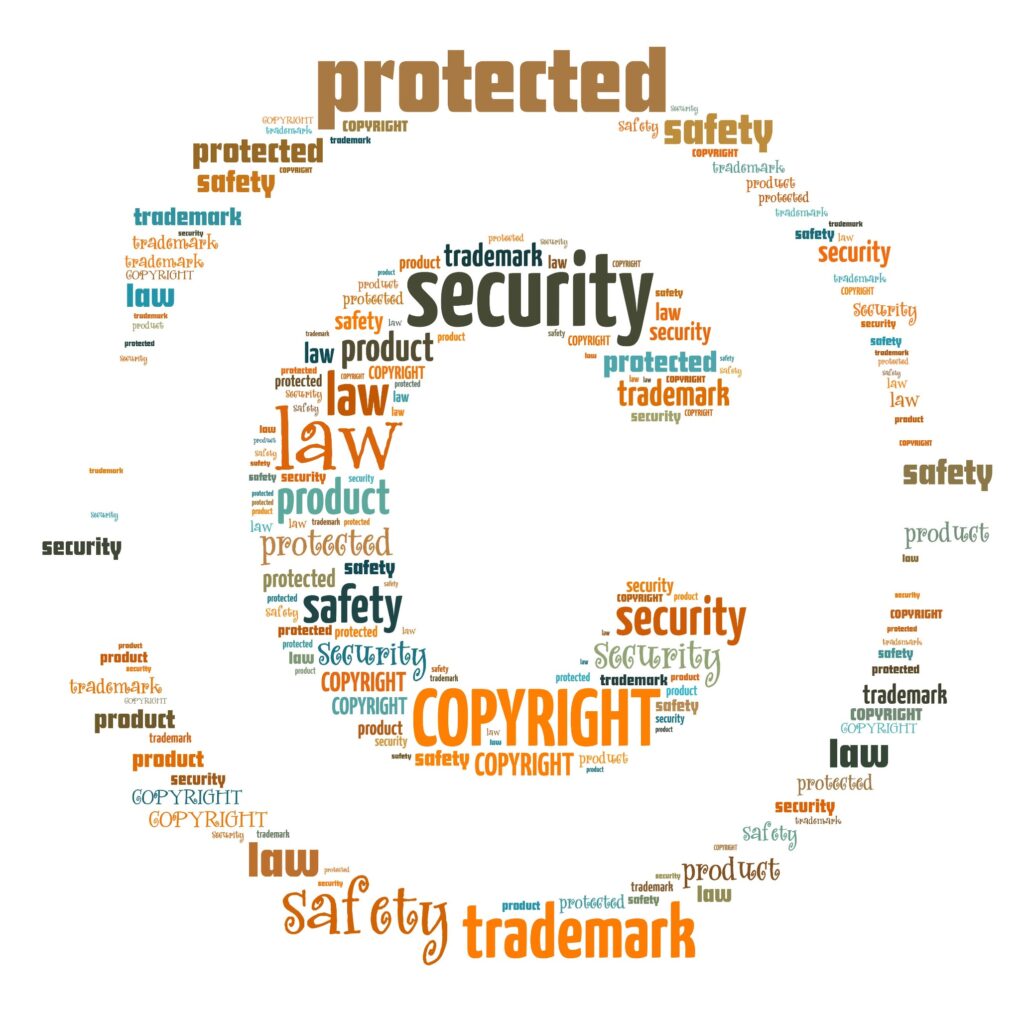
A band technically does not require permission from the original artist to play their songs. As long as the band follows the proper steps and pays for the mechanical license to use the original artist’s song, no further action is required.
It is also appropriate, however, to ask for permission to make a cover of a song from either the record company or the artists themselves. This prevents unnecessary contention between the band that plays these cover songs and the original artists.
Overall, while you do not need to receive permission to play cover songs from any artists, it is best to ask beforehand to avoid unforeseen legal issues.
What Happens if a Band Doesn’t Pay For Cover Songs?
If a band fails to pay to obtain a mechanical license to play the cover songs, the original artist or record label company will most likely sue the band.
This is true for performances at larger venues operated by reputable organizations. The band and the people who organized the event will get in trouble. Smaller events may not be subject to these legal issues, as most of them only receive a small fraction of profit, if not any, compared to their larger counterparts.
Also, most cover songs often are played under the radar in these environments, as smaller venues are not widely recognized,
The same applies to recordings posted on YouTube and other music streaming platforms in that the platform will detect any copyrighted material and issue a strike on the band’s posted cover song. Too many strikes will result in consequences such as the band’s channel being suspended or the aforementioned issue with the artist or record label company suing.
In the end, a band must pay for any cover songs they perform or record. The mechanical license will protect both the band that is doing the cover songs and the original artist’s materials. Lastly, always know when and where paying for a mechanical license is necessary to avoid severe consequences.

